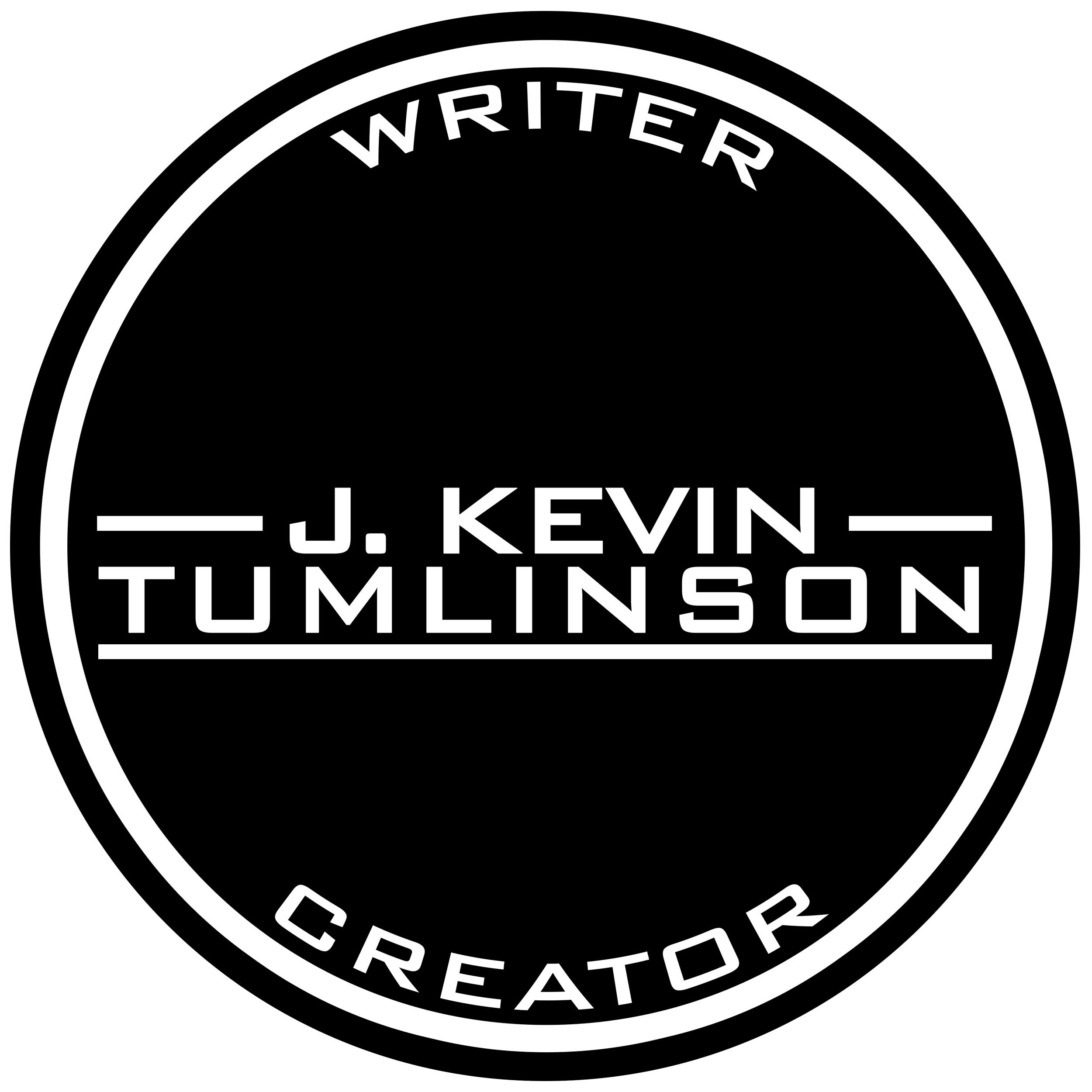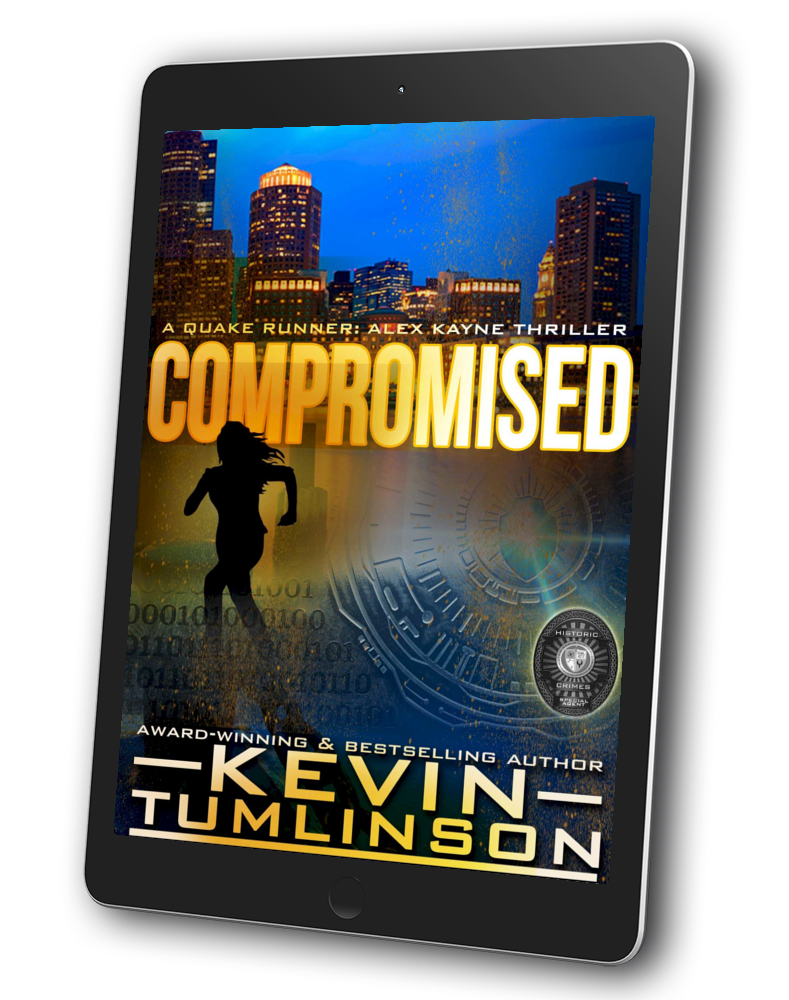An interview with Dan Kotler
I’ve been writing the adventures of Dan Kotler for more than five years now—currently twelve full-length novels, two novellas, two short stories, and one crossover with Alex Kayne. Kotler is, in fact, the character I’ve spent the most time with, out of every other character I’ve ever written. So I think I know him pretty well.
But we’re about to see.
In this post, I’ve sat Dr. Dan Kotler down in the office of my mind. We’re both in comfy chairs, both have coffees (Dan would have preferred doing this over a bourbon at Hemingway’s, in Manhattan, but it’s only 9 AM and we’re currently in my home office near Austin, Texas). Dan is dressed as he often is, in the casual clothes of an explorer—durable grey khakis and a comfortable white button-up. His grey tweed sports coat has the brown leather elbow patches that his profession practically demands, and it’s currently folded neatly and draped over the arm of his chair.
He smiles me from his seat, right leg crossed at the ankle over his left knee, casually reclined with his coffee, and I can tell just by looking at him that as I’m observing him he’s also reading me.
I decide this is the place to start.
Kevin Tumlinson (KT): Dan, thanks for coming out and agreeing to this. I know you’re pretty busy with your work.
Dan Kotler (DK): Well, how could I say no? After you’ve gone to so much trouble to keep me in... well, so much trouble!
KT: Yeah, sorry about that. Mostly. But thanks for always managing to get out of it. The readers love it.
DK: I live to serve.
KT: So I was thinking just now about your skill at reading body language. It’s become kind of a go-to for you, especially as you’ve started working with the FBI and Historic Crimes. But it’s sort of unusual, isn’t it? What prompted an archaeologist to pick up and master a skill like that?
DK: Well, I should point out that my specialization in archaeology is anthropology. The study of human culture. And what’s more human than our expressions and microexpressions? Cultures start with individuals, and individuals are just constantly broadcasting their inner thoughts. The culture they belong to is a web of these thoughts, and also a result of them. Or rather, a result of how every individual adapts to the language they’re subconsciously picking up from every other individual.
KT: Sounds kind of heady.
[Dan laughs]
DK: I suppose it is... but think about it for a moment and I think you’ll agree. Our personal interactions are part of the foundation of culture, and beyond that of society. How we deal with each other determines the sort of society we live in. I am fascinated by humans—can’t learn enough about them. Knowing how they speak when they don’t even know they’re speaking, that gives me a much deeper insight into not only the individual but into the whole of humanity.
KT: And it’s hardly your only unconventional trick.
[Again, Dan laughs... something that becomes a common theme of how he interacts with me and, frankly, everyone. His personality is wry, ironic, observant. He watches everyone, all the time. He studies them. And his interactions with them come from a place of admiration.]
DK: No, it’s not my only trick, I guess. I’ve made it mandatory for me to know as much about human psychology as I can. So in addition to studying history, I study psychology. I’ve also gotten into studying neurology, though that’s kind of new. I want to know how the brain works, and how that impacts how the mind works. It’s a hobby, mostly. A useful hobby.
KT: I’ll say. That sort of thing seems to give you a leg up in your current work. How does working with the FBI connect with your work in the field of archeology?
DK: In more ways than I ever anticipated. Both impact the other, but I’ll admit that my background in archaeology tends to help out Roland and the rest of the Historic Crimes team more than the reverse.
KT: Roland Denzel. Agent Denzel. I’m planning to interview him at some point. What’s he like?
[Dan smiles pleasantly, reflecting before answering.]
DK: There are very few people that I think so openly and adamantly deserve the title of “A good man.” Roland has always been one of those. Though he’ll probably roll his eyes if you say it to him.
KT: The two of you are close.
DK: Oh, absolutely. We have been since the whole Coelho Medallion affair. We had maybe a rocky start, but I don’t think we were ever adversaries. More like... unwilling sidekicks, at times. Though we both might argue over who was sidekick to whom. [laugh] But Roland is a man of honor and integrity. He’s a war hero, though he’ll probably shoot me for saying so.
KT: So you admire him.
DK: More than I’ll likely tell him in person. Not because I’m embarrassed by feeling it, but because he’d be embarrassed to hear it. And Roland gets cranky when he’s embarrassed.
KT: The work the two of you are doing in this new branch of law enforcement...
DK: Historic Crimes.
KT: Right. That’s been pretty impressive. How would you describe it?
[Dan pauses here, thinking, hands tented around his coffee cup over his stomach, chin down. When he looks up I can tell something funny has occurred to him]
DK: I’d say Historic Crimes is the only law enforcement agency in history to deal with the source of trouble instead of just the trouble itself.
KT: How so?
DK: All of the cases we take on have their roots in history. Sometimes it’s ancient, sometimes it’s something only decades old. Weird bits of history that fester into something that threatens the modern world. It’s the only reason I’m part of the team, to be honest. They certainly don’t need me around to take down the bad guys, I probably just get in the way.
KT: “Weird bits of history...” that’s certainly true. Does it seem unusual to you that so many historic sites, artifacts, and events seem to lead to threats on the modern world?
DK: Well, you tell me.
KT: We’ll just leave it as “It’s a mystery.”
DK: And mysteries are the point, aren’t they? Life itself is that kind of mystery, by the way. It’s the reason I think Historic Crimes works, the whole reason it exists. Historic Crimes is kind of a microcosm of human culture. Something in our history has influenced and impacted the present, in some negative way, and the only way to put things right is to deal with that history in the here and now. If that isn’t a metaphor for life, I can’t think of anything that is.
KT: That sort of thing is important to you, isn’t?
DK: What, metaphor? Yes. Absolutely. Metaphors are stories. And just like you, as an anthropologist I’m in the business of stories. My stories tend to be about questions. Who are we, as a species? Where did we come from? Where are we going? The work I’m doing with Historic Crimes is about a darker side of those questions, but it’s just part of the whole quest. My life is dedicated to exploring humanity’s place in the universe. It’s the reason I slogged through not just my PhD in Archaeology, but also a PhD in Quantum Physics. Believe me, it’s not because I love math. I’m terrible at math.
KT: That was an influence of your parents, wasn’t it? Those two directions in graduate studies?
DK: Yes, definitely. My father was a physicist who had a side passion for archaeology. My mother was a mathematician. I’m willing to admit, these days, that part of what drove me to study the way I did was that I was paying homage to the two of them. Sometimes our paths get dictated to us, just a little. But I think they’d be proud of the middle road I carved out. I don’t use my PhD in Quantum Physics as much as my father would probably have preferred. But it’s come in handy, from time to time.
KT: And you keep studying.
DK: [nodding] Always. Because that’s life. Studying. Learning. Growing. When that stops, life stops. When you aren’t learning something new about the world, you’re just existing. Experiences mean less if you learn nothing from them. But the good news is that even the most seemingly insignificant experiences have something to offer, something to learn and know. It’s up to us to pay attention to it, but it’s there. Just look.
KT: Well, I have to get on the road, and I know you do, too. This seems like a good stopping place for today. Want to do this again sometime?
DK: Absolutely. How often does a guy get to chat with his creator?
KT: [smiling] I do it every morning and all day long. But I’ll admit, I’d love to sit with God and a cup of coffee sometime.
DK: [chuckles] That’s the sort of thing that’s inevitable, isn’ t it?
KT: [laughs] Yeah... no rush, though.
We end that first interview with the promise that there will be another. And Dan has agreed to grease the wheels for me with Agent Denzel and Dr. Liz Ludlum. He’s even putting in a word with Alex Kayne.
So stay tuned. Comment below with your thoughts on this interview, and tell me what you’d like me to ask Dan and the others in future interviews.
God bless, safe travels, and see you out there.
Find more about Dan Kotler and his adventures with Historic Crimes on his website, https://DanKotler.com.
YOU ARE READING SIDE NOTES
Side Notes is an extension of my Notes at the End, which are author’s notes that appear at the end of every one of my novels. If you like these posts, you’ll love the books.
If you’d like to support me (and see more posts like this) you can do me two favors: First, peruse my catalog of books and find something you’d like to read; and second, join my mailing list to become part of an amazing community of readers and friends I interact with regularly. Thank you for your support!


